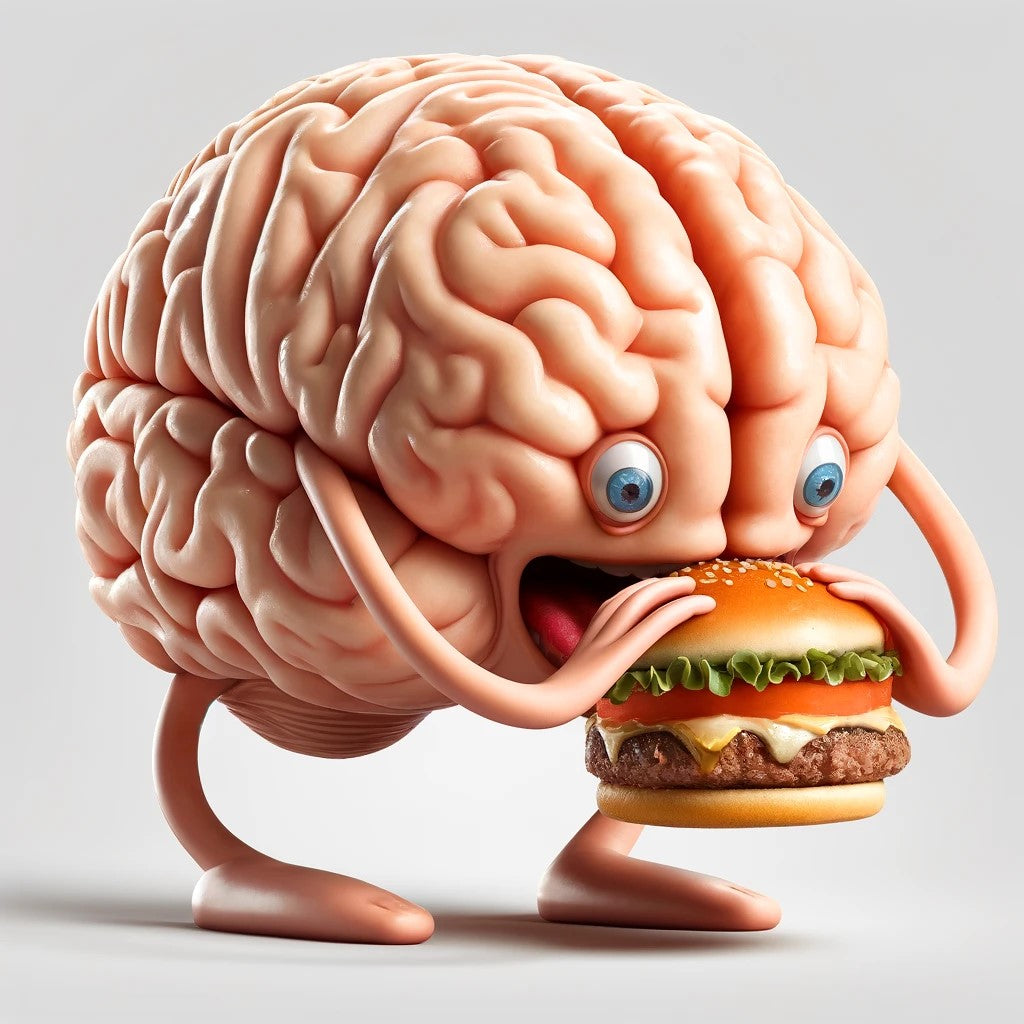
The Gut-Brain Connection: How Digestive Health Influences Mental Wellness
Did you know that your gut can influence your mind and mental wellness? The connection between your digestive system and brain, known as the gut-brain axis, plays a crucial role in your overall mental health. Understanding how these two systems interact can help you improve both your physical and mental well-being.
The Gut-Brain Axis: Why It Happens
The gut-brain axis is a complex communication network that links your gut and brain. This relationship is facilitated by billions of bacteria living in your intestines, collectively known as the gut microbiome. These bacteria produce chemicals that can influence your brain function and mood.
Research has shown that the gut microbiome communicates with the brain through the vagus nerve, a major nerve that runs from your brainstem to your abdomen. Changes in your gut bacteria can directly impact your mental health, affecting everything from anxiety and depression to stress and cognition.
One of the key players in this relationship is the production of neurotransmitters. For example, about 90% of serotonin—the neurotransmitter often called the "happy chemical"—is produced in the gut. If your gut health is compromised, it can disrupt the production of serotonin, leading to mood disorders and other mental health issues.
The Impact of Gut Flora on Mental Health
An imbalance in your gut flora, known as dysbiosis, can have a significant impact on your mental health. When harmful bacteria outnumber beneficial ones, it can lead to inflammation, which affects your brain's function and mood.
Here’s what happens in your body:
- Inflammation: Dysbiosis can trigger chronic inflammation, which is linked to a higher risk of developing mental health conditions such as depression and anxiety. Inflammation affects the production of neurotransmitters, disrupting communication between the gut and the brain.
- Stress Response: An unhealthy gut can exacerbate your body's stress response. The gut microbiome influences the hypothalamic-pituitary-adrenal (HPA) axis, which regulates your stress hormones. When the gut is imbalanced, it can lead to an overactive stress response, increasing anxiety and making it harder to manage stress.
- Cognitive Function: Your gut health also plays a role in cognitive function. Studies have shown that a healthy gut microbiome can support better memory, focus, and overall cognitive performance. Conversely, an imbalanced gut can lead to cognitive decline and impair your ability to think clearly.
Supporting a Healthy Gut-Brain Connection
Taking care of your gut is essential for maintaining both physical and mental health. Here are some practical tips to support a healthy gut-brain connection:
- Incorporate Probiotics: Probiotics are beneficial bacteria that can help restore balance to your gut microbiome. Foods rich in probiotics, such as yogurt, kefir, sauerkraut, and kimchi, can support gut health and improve mental well-being.
- Eat a Balanced Diet: A diet rich in fiber, fruits, vegetables, and whole grains provides the necessary nutrients to support a healthy gut. Fiber acts as a prebiotic, feeding the good bacteria in your gut and promoting a balanced microbiome.
- Reduce Sugar and Processed Foods: High sugar intake and processed foods can disrupt your gut flora, promoting the growth of harmful bacteria. Reducing these in your diet can help maintain a healthy balance of gut bacteria.
- Manage Stress: Since stress directly affects your gut health, it’s important to find ways to manage it. Practices such as meditation, exercise, and adequate sleep can help reduce stress and support a healthy gut-brain connection.
- Stay Hydrated: Drinking plenty of water helps maintain the mucosal lining of the intestines and supports the balance of good bacteria in the gut.
Conclusion
Your gut and brain are in constant communication, influencing each other in ways that directly impact your mental health. By understanding and supporting this connection, you can take proactive steps to improve both your digestive health and your mind. Incorporating probiotics, eating a balanced diet, reducing stress, and staying hydrated are all practical ways to nurture a healthy gut-brain connection. Remember, a healthy gut is the foundation for a healthy mind.


